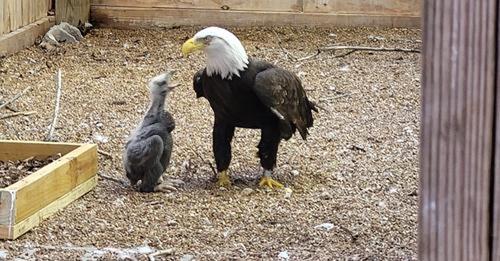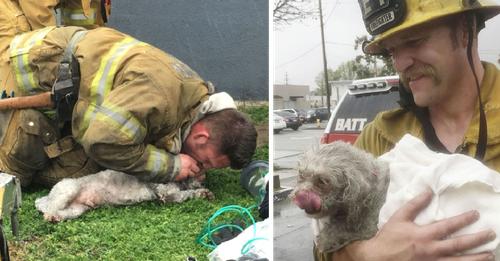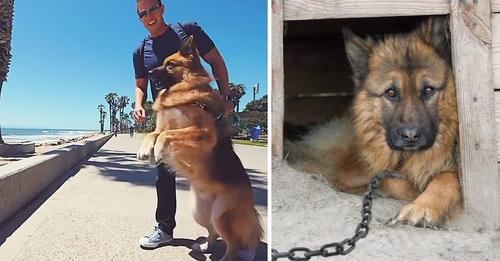Happy Birthday! It’s natural to want well wishes and blessings from loved ones on your special day, and it can be disappointing when those expectations aren’t met. Remember, birthdays are a time to celebrate yourself and look back on the past year’s achievements and experiences. Take this opportunity to pamper yourself, enjoy activities you love, and appreciate your own journey. And who knows, the best wishes may still come your way as the day progresses. 🎂🥳
Don’t forget to send birthday wishes to the dog too! 🎂
Here are some tips to help you take better care of your canine companions:
– Mix up their protein sources: Switching up the types of meat you feed your dog can help prevent food sensitivities and ensure they get a variety of nutrients. Try incorporating chicken, beef, turkey, and lamb into their meals.
– Keep an eye out for food allergies: Dogs can develop allergies to certain ingredients like chicken, beef, or grains. If you suspect your dog has a food allergy, consult with your vet to figure out the cause and adjust their diet accordingly.
– Skip the raw bones: While raw bones are often recommended for dental health, they can actually be risky, leading to choking, dental issues, and blockages. Stick to safer options like dental chews made specifically for dogs.
– Be cautious with supplements: Some supplements can benefit dogs, but others may not be necessary or could even be harmful. Talk to your vet before adding any supplements to your dog’s diet.
– Try frozen or fresh foods: Frozen or fresh foods can be a healthy alternative to traditional kibble. Look for store-bought options or make homemade meals with fresh ingredients, following guidance from a veterinary nutritionist.
– Look out for dental problems: Regularly check your dog’s teeth and gums for signs of issues like tartar buildup, gum inflammation, or decay. Good dental care is crucial for their overall health.
– Include omega-3 fatty acids: Fish oil and flaxseed are great sources of omega-3 fatty acids, which can improve your dog’s health in various ways, such as reducing inflammation and supporting heart health.
– Choose minimally processed foods: Highly processed dog foods may lose some of their nutritional value. Opt for options that are minimally processed to ensure your dog gets the most nutrients.
– Educate yourself about canine nutrition: Learning about your dog’s nutritional needs can help you make better choices when it comes to their diet, ensuring they stay healthy and happy.
– Consider prebiotics and probiotics: These supplements can support gut health and digestion in dogs, especially those with sensitive stomachs or those on antibiotics.
– Deal with food aggression: If your dog displays food aggression, seek help from a professional trainer to address the issue. Feeding in separate areas or using food-dispensing toys can help reduce tension during meal times.
– Stay up to date on nutrition research: Keep yourself informed about the latest findings in dog nutrition to provide the best care for your furry friend. Nutritional requirements can change, so staying knowledgeable is key.




